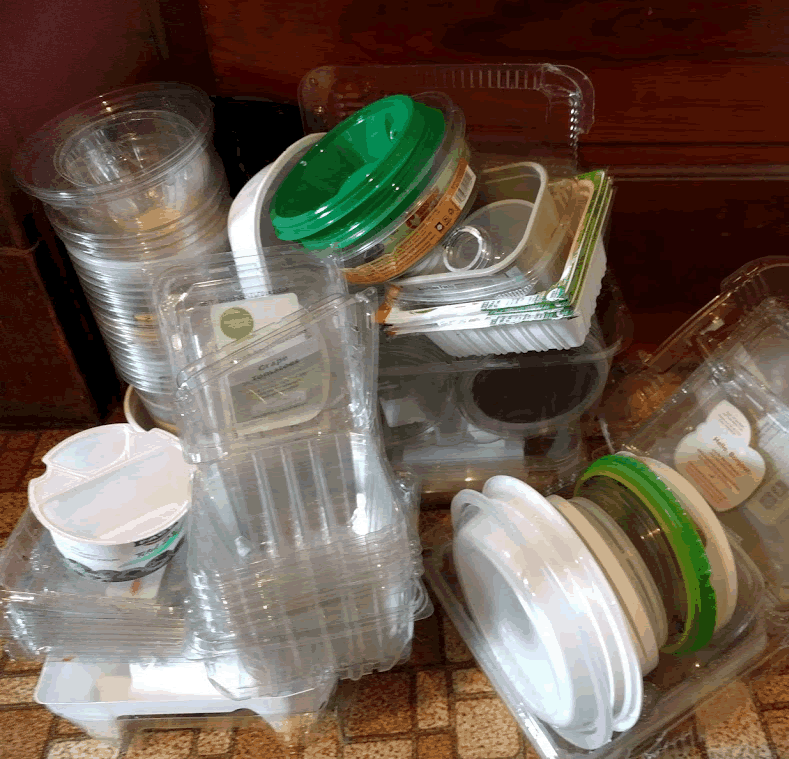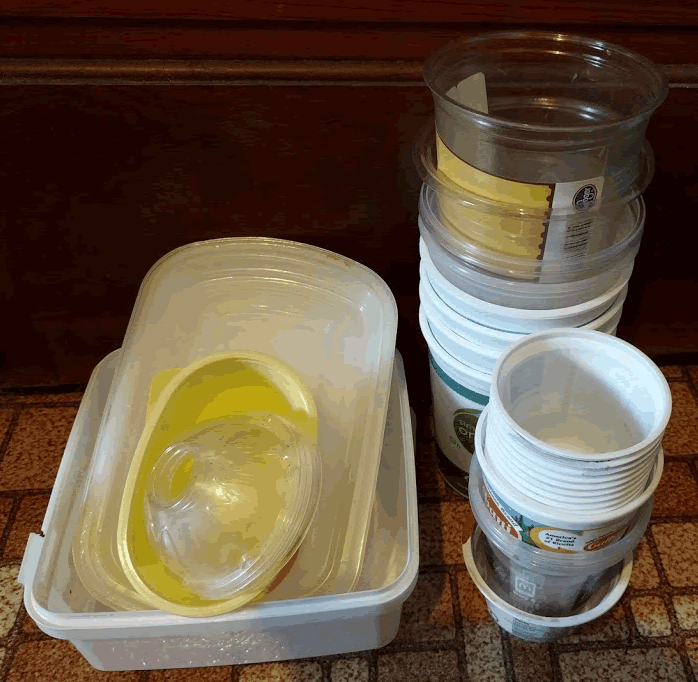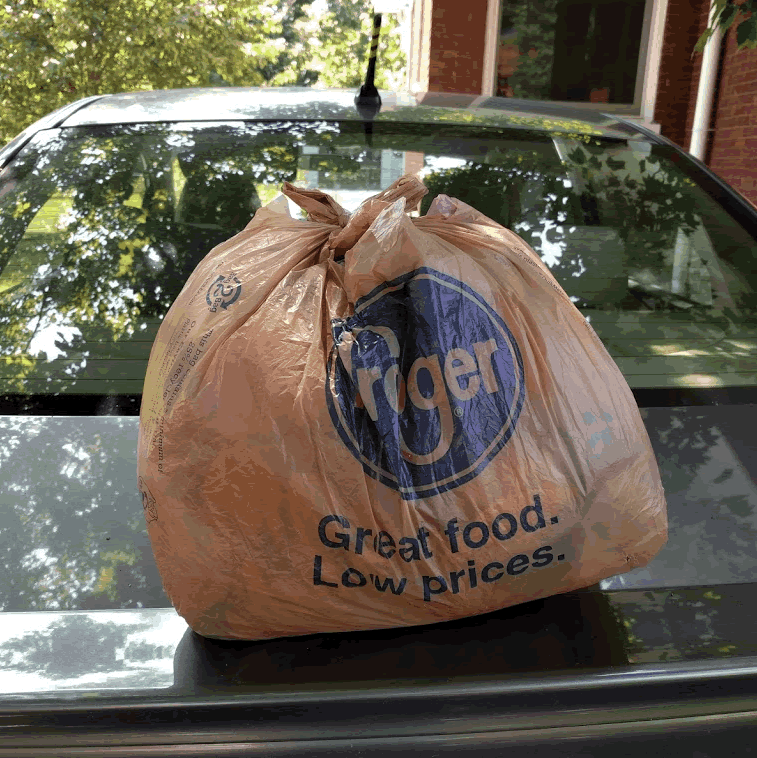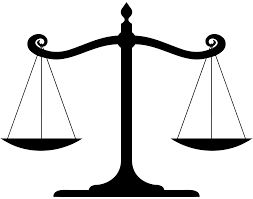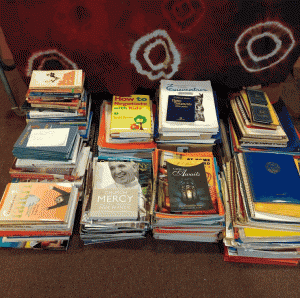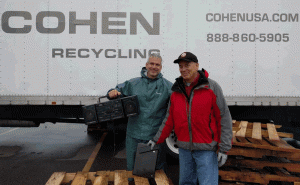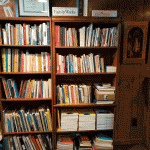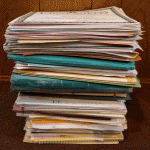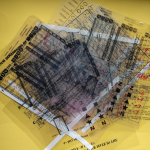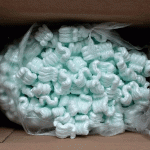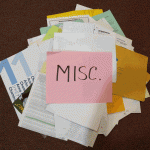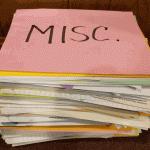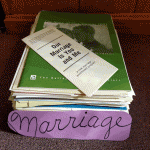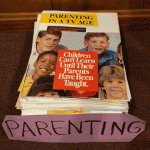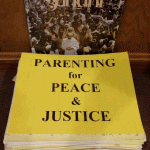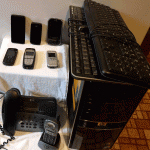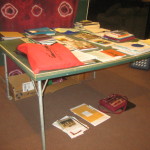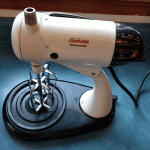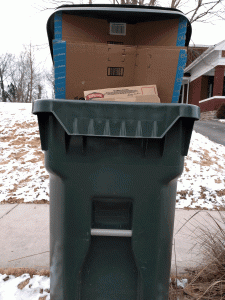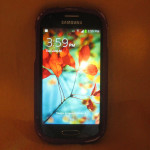
I’ve spent almost 4 weeks now listening to people with whom I disagree. That might sound like a depressing Lent, but my intention was to better understand people who have a different political stance than mine. This meant I had to find and talk with Trump voters. Since I, like many people, primarily associate with people who are like-minded, finding people outside of my own political bubble who were willing to have a deep conversation with me was the first challenge.
THE WHO: I met with 5 individuals plus 2 mixed composition groups
● All were decent, generous human beings
● I knew most of the people previously but wasn’t always sure of their politics until they responded to my request
● Most were Catholic or Christian but not all currently practiced a religion
● I decided not to interview any of my own family members lest it poison future interaction
THE PROCESS: I explained that my purpose was not to convert or persuade the other to my way of thinking but rather to understand why they voted for Trump. My questions:
● What values do you hold most dear? (I wanted to establish common ground if possible.) The common answers were: Family; To be a good, honest, caring person; Integrity
● What led you to vote for Trump?
● How do you see our government building the common good?
● What disappoints you (angers you) about the Democratic Party or its candidates?
● Does your faith impact your politics?
● Any ideas about the best way forward?
WHY TRUMP: Although this wasn’t a scientific study, the primary reasons most people gave are below. Since I didn’t want this to be a debate, I chose not to refute claims that I disagreed with or that I knew to be unsubstantiated. (Later, a number of people said that they would like to know what responses I would have liked to make (but didn’t). I have thus recently added some of my thinking in red.)
- CHANGE – Washington is corrupt. Congress can’t get anything done. (Our government also gets a lot right, like the EPA protecting our environment, water, food, etc.)
- Trump is not a career politician. – This is related to #1 because many felt the reason Congress can’t get anything done was that they were beholden to lobbyists with money to get re-elected.
- Over-regulation –Many were entrepreneurs and government regulation made it harder for them to do business. (Regulation also protects us from dishonest or harmful practices.)
- Abortion –“I didn’t vote for Trump, I voted for the Supreme Court that would overturn Roe v Wade.” (The law does not force anyone to get an abortion. Better solutions are prevention, adoption, and/or helping women with the societal support to raise a child after birth.)
- Big government keeps people lazy. – “Welfare enables folks to just sit around on the couch, watch TV, and drink beer.” (I was once a welfare worker. It’s not this simple. Supporting strong family life, education, mental health services, etc. are the building blocks of a strong society. Some will always fall through the cracks. Are we there to give them a leg up or just to judge.)
- Why not! All had serious reservations about Trump as a person, but they overlooked his nasty personal life because:
*He was a successful businessman who would take action. (He also had some bankruptcies.)
*He was an outsider who could shake things up (“drain the swamp”) (Many of Trump’s appointments have little experience for their job and often have ties to a different exclusive swamp.)
*Our system’s checks and balances would rein him in. (With both houses of Congress supporting him, extremely conservative appointments, and use of executive orders, where are the checks and balances?)
CONCLUSIONS: How this impacted me.
- Banish Stereotypes. Since I liked and respected all the people I talked with, these discussions helped banish some of the frequent stereotypes some of the left have of many Trump supporters as uneducated, unintelligent, or selfish, (One was a medical doctor, many held responsible leadership positions.)
- Implementation. Our basic values were the same. We disagreed on how to accomplish our values. I certainly agreed that big money (i.e., Citizen’s United, paid lobbyists, etc.) unduly influence politicians and need to be cleaned up. However, I don’t see Trump as the change agent that will work for the common man and woman, especially those without power.
- Getting Heard. Although I could have refuted many of the statements that people stated as fact, I decided not to get into a debate. I wanted the person who was trusting me with their opinion to feel understood. My non-violent communication training has taught me that only AFTER a person feels understood is there any chance that they will actually be able to HEAR my position. Unfortunately, only one person asked to hear why I voted for Clinton.
- Style over Content. Repetition persuades some people that a statement is true. A “down home” approach can be appealing. When people feel left out, they are vulnerable and want to hear that someone will fix the “mess” even if it is a hollow promise.
The Media. The media that informed Trump voters’ opinions was heavily conservative and right leaning (Fox News, Drudge Report, cable TV). One person said she was looking for a credible news source so I offered that I listen to NPR and read the New York Times. Of course I believe that my news sources are credible, but I assume someone on the right would consider my sources as biased as I consider theirs. Since these were intelligent people, I presume confirmation bias would hinder either side from believing the other. For example, one person said, “The Democrats have been obstructing everything that Trump wants to do.” I broke my non-debate rule and replied, “And what about Mitch McConnell and the Republican obstructionism under Obama?”
NEXT STEPS
Media Literacy. Honest people of good will may disagree on how to best accomplish the common good. However, it’s going to be impossible to make good political decisions if we can’t even agree on what the facts are. A population that can be swayed by propaganda and biased news is being hacked even if the voting machines aren’t. Our minds are being played with. I think one of the most important steps to building a healthy democracy is not only a free press, but people who know how to recognize false advertising. This can be taught in schools like the Problems of Democracy class I had as a senior in high school. Adults need to learn how to be discerning consumers of the media. Democracy and Me is one helpful resource. The NPR article The Psychology of Fake News gives more in depth understanding.
Be an informed active citizen. I can’t change the world, but I can pick the causes that are most important to me and work on them. Right now for me, that’s health care and the environment.
Get to know and dialogue with people different from myself. If I only talk with people of my own race, class, age, and political position, I will be talking with myself. To come to decisions that will benefit the common good, we need to spend time with each other. To be fruitful, however, this step must go beyond one person’s listening to mutual sharing. My discussions fell short of the mutual sharing. Things I might have shared are in red.
This was a difficult post to write since I may open myself to criticism and I like to be liked and right. I do, however, welcome thoughtful, respectful responses. I’m still listening.
PS: Family Matters – Many people said that their children or other relatives did not agree with their politics, so I asked how they dealt with this. Some avoided the family member, but usually they just avoided the topic of politics. “We talk about sports or other fun, family things.”
PPS: If you’d like to have a conversation with someone of a different political belief, I just found a wonderful website called “Hi From The Other Side.” It connects you with a person who voted differently from you with whom you can have a respectful dialogue. I’m trying it and highly recommend it.
Click here to listen to a 45 minute podcast I did with Jerry Iversen of Simple Living Works that goes into more depth on this topic.
